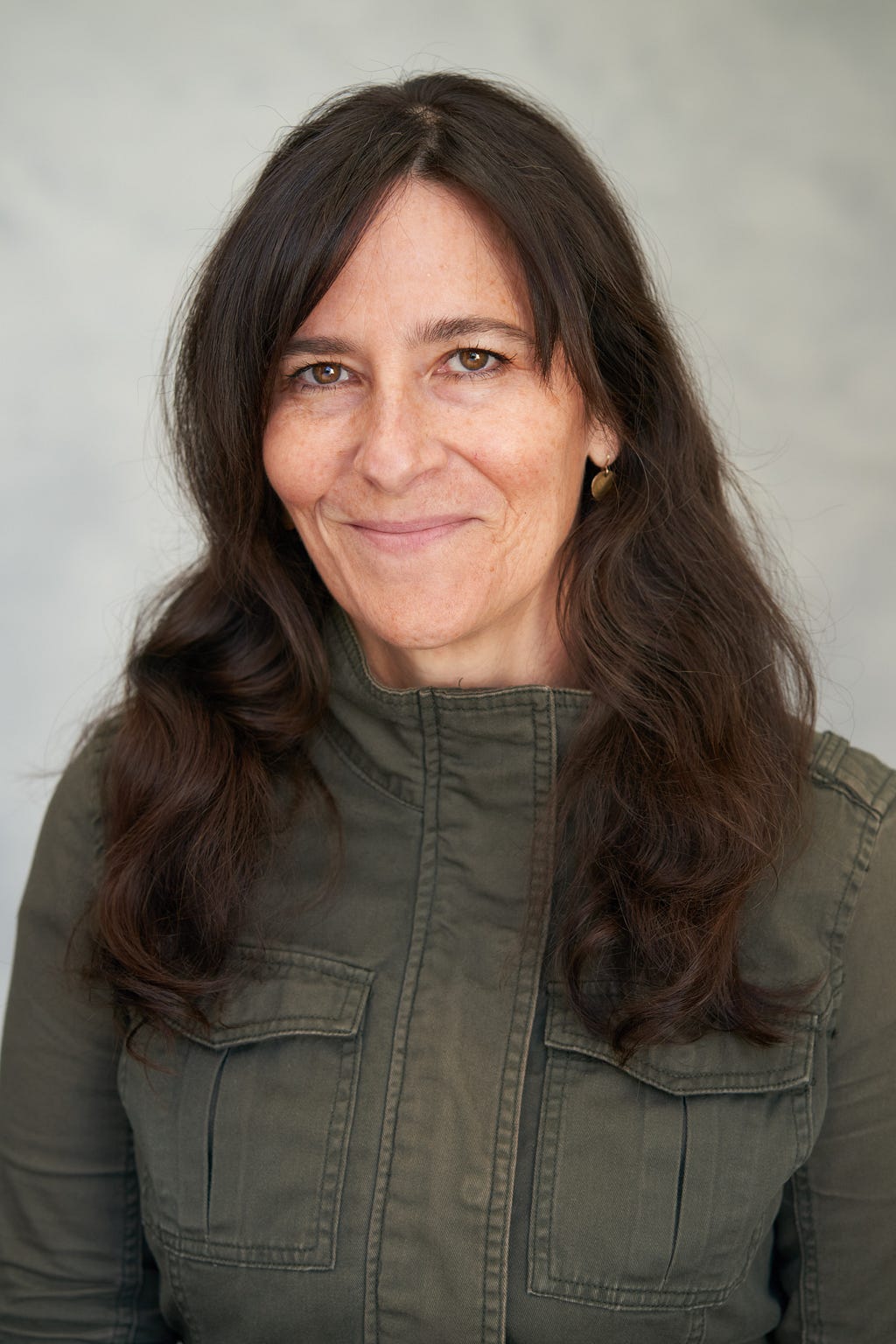Corinne Eldridge of Center for Caregiver Advancement: 5 Things You Need To Know To Successfully Lead A Nonprofit Organization

Fund quality training that addresses the need for a linguistically and culturally competent workforce equipped to provide more complex care in home and community settings.
As part of my series about “individuals and organizations making an important social impact”, I had the pleasure of interviewing Corinne Eldridge.
Corinne Eldridge is the President & CEO of Center for Caregiver Advancement, a nonprofit dedicated to providing high-quality training and educational opportunities for long-term care workers so they can build better lives for themselves and the people they serve. Under her leadership, CCA has trained more than 18,000 caregivers (in-home caregivers and nursing home workers) in California.
Thank you so much for doing this with us. Before we begin our readers would like to get to know you a bit more. Can you tell us a bit about your “backstory”?
Can you tell us the story behind why you decided to start or join your non nonprofit?
I was inspired seeing the challenges women in my family experienced as caregivers and the impact quality care can have on seniors’ life spans and quality of life. As a woman, and a child of a two-parent household and a daughter of a proud mom who played the dual role of a caregiver and a professional, I have always been driven by the goal of bringing equity and visibility to women. Given the vast majority of caregivers are women — made mostly of immigrants and women of color — there’s a real need to bring respect and visibility to the workforce.
I had a first career working in the entertainment industry in Los Angeles. After almost a decade in that work, I had the luxury of going back to school as an adult and got my degree in Cultural Anthropology and Economics. I was motivated in these studies by seeing that culture is impeded based on economic factors. And one avenue for underpaid workers to gain dignity and a voice was through labor unions. I spent seven years working with the labor union that represents long-term care workers — SEIU Local 2015 — before I joined the Center for Caregiver Advancement, so I learned from the workers about what their needs are. We can clearly see that due to factors of structural sexism and structural racism, these workers have been undervalued and overlooked for decades because they are women and women of color.
Can you describe how you or your organization aims to make a significant social impact?
As the largest provider of free training for long-term care workers in California, the Center for Caregiver Advancement is building the workforce of highly trained caregivers that many Californians can’t live without. Training is one piece of a large, complex system of long-term care. As our program results have revealed, training can lead to higher rates of retention for workers and higher quality care for those they care for because caregivers have the knowledge and confidence to be successful in their jobs
Without saying any names, can you share a story about an individual who was helped by your idea so far?
We hear countless stories from caregivers about how our programs have changed their lives and literally saved the lives of their loved ones. More than 95% of the caregivers who complete our specialized training say that they have gained more confidence in their ability to provide quality care. Our curriculum teaches caregivers the essential skills they need, including first aid and CPR, as well as complex skills such as medication adherence, proper body mechanics, stress management, nutrition, and Alzheimer’s-specific care. One of the caregivers who graduated from our training was able to save her brother’s life by stopping a massive bleeding.When the paramedics arrived, they were very impressed at how calmly she handled the emergency and her ability to explain the situation using proper medical terminology. She credits her CCA training for giving her the knowledge and the confidence to provide the lifesaving care her brother urgently needed.
Are there three things the community/society/politicians can do to help you address the root of the problem you are trying to solve?
- Fund quality training that addresses the need for a linguistically and culturally competent workforce equipped to provide more complex care in home and community settings.
- Provide better wages and better benefits for long-term care workers. Many workers remain locked in underpaid minimum wage jobs and/or don’t have access to benefits despite the critical work they do.
- Reframe and elevate the value of the work that home care and nursing home workers do.
How do you define “Leadership”? Can you explain what you mean or give an example?
Leadership is about listening and learning, then taking that knowledge to create a map of inspiration that leads to that north star. I don’t think any one person — no matter how smart you are — has all the answers. As caregiving is a female-dominant profession made up mostly of women of color and immigrants, our team also emulates that. Our hiring pattern at CCA is one where our staff looks like, speaks like, and comes from the same communities as the caregivers we train do. Through listening, learning, collaboration, and truly taking people’s expertise, life experience and contributions into consideration, we can build together and support each other along the way.
Based on your experience, what are the “5 things a person should know before they decide to start a nonprofit”. Please share a story or example for each.
- Have a clear mission
- Understand the metrics that you want to impact
- Evaluate your funding opportunities
- Be inspired and inspiring
- Ideas need strong execution in order to be successful. Make sure you can execute.
Can you share your favorite “Life Lesson” Quote? How is that relevant to you in your life?
Perfect is the enemy of the good. When you are trying to make big system changes, it generally happens incrementally over time, not in a big perfect sea change wrapped up in a box with a pretty bow. Take the wins — even when they are small ones.
How can our readers follow you online?
Advancecaregivers.org
This was very meaningful, thank you so much. We wish you only continued success in your mission.
Corinne Eldridge of Center for Caregiver Advancement: 5 Things You Need To Know To Successfully… was originally published in Authority Magazine on Medium, where people are continuing the conversation by highlighting and responding to this story.
